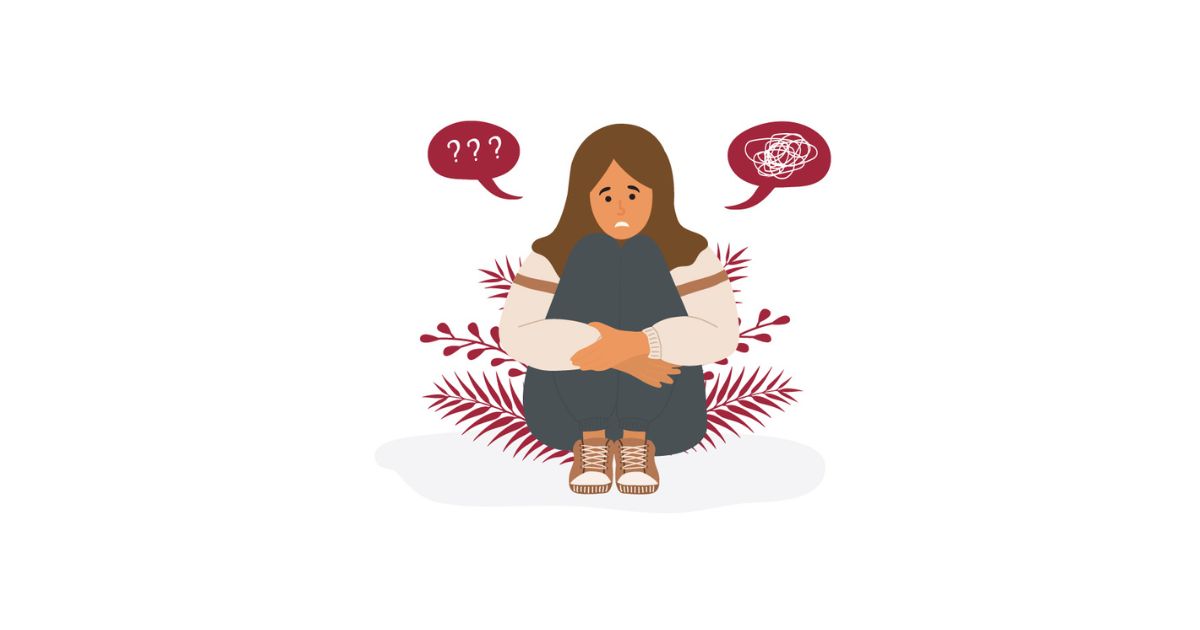In a stark and sobering announcement, a consortium of former U.S. Surgeons General has come together to issue a clarion call: America is in the throes of a mental health crisis that poses a profound threat to its democracy. These medical experts, who have previously served as the nation’s top authorities on public health, are sounding the alarm on the intersection of mental health and democracy.
A Looming Mental Health Crisis Unfolds
The mental health crisis in the United States has been escalating at an alarming rate, with a convergence of factors contributing to its severity. The COVID-19 pandemic, social isolation, economic uncertainties, political polarization, and racial tensions have all taken a heavy toll on the mental well-being of Americans.
This crisis is not limited to any one demographic but has affected individuals across age, gender, race, and political affiliation.
Surgeons General Unite
Former U.S. Surgeons General, including Dr. David Satcher, Dr. Joycelyn Elders, and Dr. Vivek Murthy, gathered to address this pressing issue. In a joint statement, they declared, “We are deeply concerned about the mental health crisis gripping our nation. It poses a substantial threat to our democracy and the very fabric of our society.”
Mental Health and Democracy: A Symbiotic Relationship
The surgeons general argue that mental health and democracy are intrinsically connected. A functioning democracy relies on the active participation of an informed and engaged citizenry.
However, the mental health crisis is eroding Americans’ ability to participate effectively in the democratic process. Individuals grappling with depression, anxiety, or other mental health issues may find it difficult to make informed decisions, engage in civil discourse, or even cast their votes.
Moreover, the escalating polarization in American society, fueled by political divides and social media echo chambers, exacerbates the mental health crisis.
It has created an environment where individuals are constantly bombarded with divisive rhetoric and misinformation, further straining their mental well-being.
The Implications for Democracy
The U.S. Surgeons General argue that if the mental health crisis remains unaddressed, it could have profound implications for the future of democracy in America. A citizenry struggling with mental health issues may become disengaged from the political process, leading to reduced voter turnout and a decline in civic participation.
Additionally, the surge in mental health challenges could exacerbate social unrest and contribute to the erosion of social cohesion. This, in turn, could strain the fabric of democracy by fostering division and mistrust.
The Urgent Call for Action
The surgeons general emphasize that addressing the mental health crisis is not only a moral imperative but a necessary step to safeguard American democracy. They urge policymakers, healthcare providers, communities, and individuals to take immediate action.
Key recommendations put forward by the surgeons general include:
- Expanded Access to Mental Health Care: There is an urgent need to increase access to mental health services and reduce barriers to care, including stigma and affordability.
- Mental Health Education: Schools and communities should prioritize mental health education to equip individuals with the knowledge and tools to manage their mental well-being.
- Community Support: Building resilient communities that foster social connections and support networks can help mitigate the impact of mental health challenges.
- Media Responsibility: Media outlets and social media platforms must take responsibility for their role in exacerbating mental health issues and promote responsible information dissemination.
- Political Bipartisanship: Policymakers from across the political spectrum must prioritize mental health as a non-partisan issue and work collaboratively to enact meaningful reforms.
The united front presented by former U.S. Surgeons General serves as a wake-up call to a nation grappling with a mental health crisis that threatens the very foundation of its democracy.
The time for action is now, and the collective efforts of government, healthcare professionals, communities, and individuals are needed to combat this crisis and ensure that America’s democratic values remain resilient and intact.


























